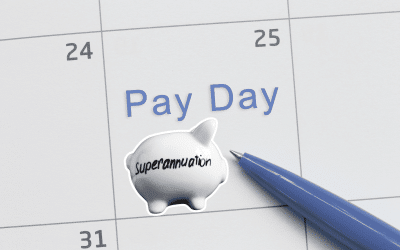Payday super laws, to take effect next year, will require employers to pay superannuation at the same time as wages.
Draft legislation released last month affirmed plans to crackdown on unpaid super, which costs one in four workers a total of $5.1 billion per year.
The average affected worker has $1,800 in super stolen per year or $30,000 by retirement, according to the Super Members Council.
“Superannuation is workers’ retirement savings, not the cash of employers,” Australian Council of Trade Unions (ACTU) Assistant Secretary Joseph Mitchell said.
“When workers earn superannuation, they should be paid at the same time as their payday.
“Payday super will put more into super, more regularly, into more workers’ accounts and directly improve the retirement outcomes of all Australians.
“All Australians deserve to retire in dignity and the government’s payday super legislation will make a significant contribution to realising this,” he said.
Mr Mitchell said superannuation theft is most often experienced by vulnerable workers including younger workers, those in insecure work, migrant workers and women.
“Payday super is critical to improving workers’ retirement outcomes and stopping super theft,” he said.
“By making super paid at the same time as wages, workers will retire with thousands of dollars more in their superannuation accounts,” Mr Mitchell said.
Federal government commitment to super clear
IEU-QNT Assistant Secretary/Treasurer Rebecca Sisson said the payday super laws follow a suite of positive reforms by the federal Labor government.
“The minimum super rate is about to hit 12%, superannuation will be paid on government paid parental leave and civil penalties have been put in place to prosecute deliberate superannuation theft by employers,” Rebecca said.
“This is in direct contrast to the Coalition’s attitude towards super and its threat to drop the minimum rate to 9%, a move that would rip $165,000 from the average worker’s retirement savings.”
“Most workers are relying on their superannuation balance for a secure retirement, which is why it’s crucial that the current system is protected,” she said.



